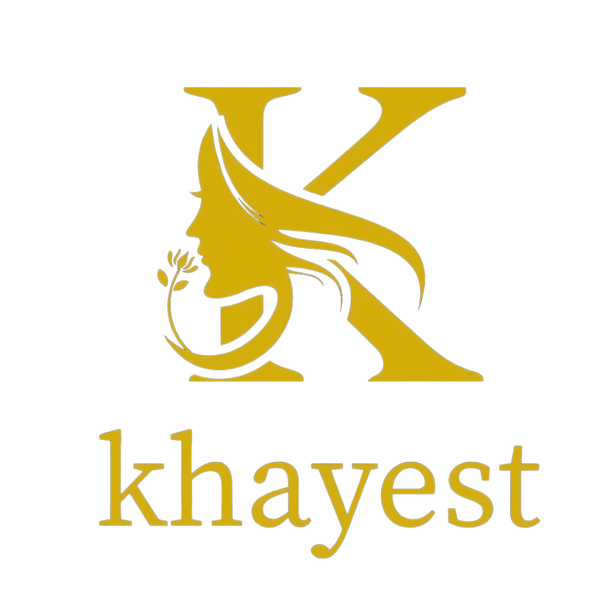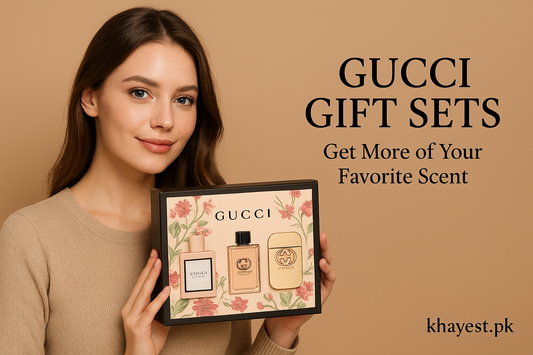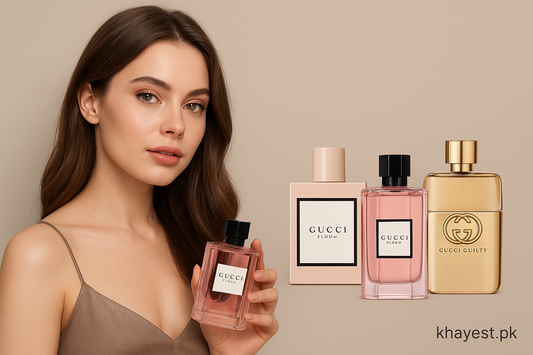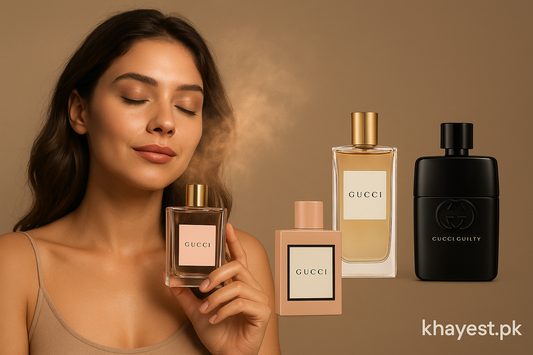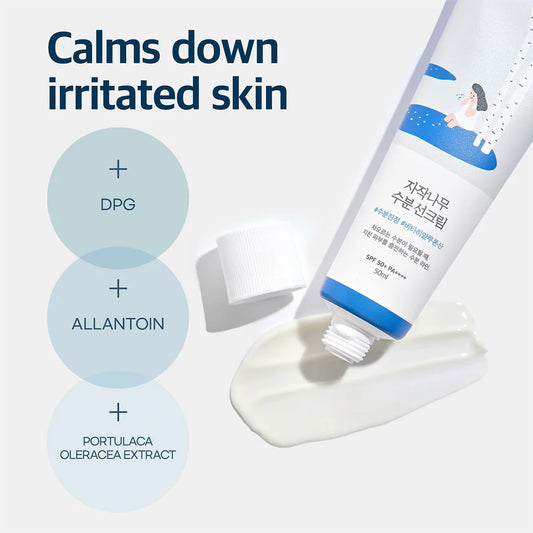
Is Round Lab Cruelty Free? What You Didn't Expect
If you've been assuming that all Korean beauty brands automatically equal cruelty-free practices, you're about to discover the complicated truth that even the most ethical beauty enthusiasts get wrong. Round Lab, the beloved K-beauty brand behind some of the most talked-about skincare products, including their cult-favorite sunscreens, has a cruelty-free story that's more nuanced than you might expect. Before you add that Round Lab Sunscreen to your cart, let's unpack the reality behind the cruelty-free claims—and why the answer might surprise you.
The Cruelty-Free Confusion: It's More Complicated Than You Think
The term "cruelty-free" seems straightforward, but in the beauty industry, it's anything but simple. Most consumers assume it means "never tested on animals," but the reality involves layers of complexity that even seasoned beauty enthusiasts find confusing.
There's a difference between brands that don't test finished products on animals, brands that don't use ingredients tested on animals, and brands that refuse to sell in markets where animal testing is required. Then there are the various certification bodies—Leaping Bunny, PETA, Choose Cruelty Free—each with slightly different standards.
Round Lab operates in this complex landscape, and understanding their position requires looking beyond surface-level marketing claims to examine their actual practices and policies.
Round Lab's Official Stance: The Company Line
Round Lab officially states that they do not test their products or ingredients on animals. The Korean brand has built its reputation on gentle, effective formulations that prioritize skin health—a philosophy that seems to align with cruelty-free values.
However, here's where things get interesting: Round Lab has not pursued official cruelty-free certification from major organizations like Leaping Bunny or PETA. This doesn't necessarily mean they test on animals, but it does mean they haven't submitted to the rigorous third-party verification that these certifications require.
This gap between policy and certification creates the confusion that surrounds Round Lab's cruelty-free status. They say they don't test on animals, but they haven't proven it through independent verification.
The China Factor: The Plot Twist Nobody Expected
Here's the unexpected part that changes everything: Round Lab products are available in mainland China, where animal testing has historically been required for imported cosmetics. Until recently, any brand selling in China was automatically disqualified from cruelty-free status, regardless of their practices elsewhere.
However, China changed its regulations in 2021, eliminating mandatory animal testing for most imported cosmetics. This regulatory shift means that brands can now sell in China without automatically compromising their cruelty-free status—but only if they meet specific conditions and work with approved facilities.
Round Lab's presence in the Chinese market doesn't automatically disqualify them from being cruelty-free, but it does mean their products could potentially be subject to animal testing if Chinese authorities decide to conduct post-market surveillance testing.
Korean Beauty Industry Standards: The Cultural Context
The Korean beauty industry has traditionally taken a pragmatic approach to animal testing, focusing more on ingredient safety and efficacy than on cruelty-free certification. This doesn't mean Korean brands are less ethical, but rather that they operate within different cultural and regulatory frameworks.
Many Korean brands, including those behind popular Round Lab Sunscreen formulations, prioritize gentle, skin-friendly ingredients and extensive patch testing on human volunteers. Their approach to product safety often emphasizes human testing over animal testing, but this doesn't translate to official cruelty-free certification.
Understanding this context helps explain why Round Lab, despite having practices that align with cruelty-free values, hasn't pursued formal certification through Western organizations.
The Sunscreen Situation: What This Means for SPF Lovers

Round Lab's sunscreen products, including the Round Lab Birch Juice Face Moisturizing Sunscreen SPF50+ PA++++, have gained massive popularity for their lightweight feel and effective protection. These formulations use chemical UV filters that are well-established and don't require new animal testing.
The Round Lab Birch Juice Moisturizing Sun Stick SPF50+ PA++++ represents another approach to Round Lab Sunscreen innovation, offering portable protection in a convenient stick format. Both products use ingredients with long safety histories, reducing the likelihood that animal testing would be necessary for their development.
However, the lack of official cruelty-free certification means that consumers who prioritize verified cruelty-free status might want to consider this information when making their purchasing decisions.
The Ingredient Investigation: What Goes Into Round Lab Formulas
Round Lab's commitment to using gentle, naturally-derived ingredients like birch juice suggests a brand philosophy that would align with cruelty-free practices. Their Round Lab Sunscreen formulations emphasize soothing, hydrating ingredients that have been used safely in cosmetics for years.
The birch juice that features prominently in their sunscreen products is sustainably harvested from Finnish birch trees and has been used in traditional skincare for centuries. This focus on time-tested, natural ingredients reduces the need for extensive safety testing, including animal testing.
However, even natural ingredients can require safety verification, and without official certification, consumers can't be completely certain about the testing history of every component in Round Lab products.
Pakistani Consumer Perspectives: Why This Matters Locally
Pakistani beauty consumers are increasingly conscious about ethical consumption, including cruelty-free products. The growing awareness of animal welfare issues means that brands' testing policies are becoming important factors in purchasing decisions.
For Pakistani consumers interested in Round Lab Sunscreen products, the cruelty-free question might influence their choice, especially given the availability of certified cruelty-free sunscreen alternatives in the market. However, the effectiveness and gentleness of Round Lab formulations might outweigh these concerns for some consumers.
The decision ultimately depends on individual priorities and how strictly one defines "cruelty-free" in their personal beauty standards.
Third-Party Manufacturing: Another Layer of Complexity
Round Lab, like many cosmetic brands, uses third-party manufacturers for some of their products. This adds another layer to the cruelty-free question because it's not just about Round Lab's policies—it's also about the policies of every manufacturer in their supply chain.
Some Round Lab Sunscreen products might be manufactured by companies that also produce non-cruelty-free products for other brands. While this doesn't directly impact Round Lab's cruelty-free status, it does complicate the ethical landscape for consumers who want to ensure their purchases support only cruelty-free practices.
This supply chain complexity is one reason why official cruelty-free certification is valuable—it requires brands to verify that every step of their production process meets cruelty-free standards.
The Certification Process: Why Some Brands Skip It
Obtaining official cruelty-free certification isn't just about having good policies—it requires significant time, money, and ongoing compliance monitoring. For smaller or newer brands, the certification process might not be a priority, especially if they're focused on product development and market expansion.
Round Lab might fall into this category, prioritizing product innovation and global expansion over certification processes. This doesn't necessarily reflect their commitment to animal welfare, but it does leave consumers without third-party verification of their claims.
For a brand experiencing rapid global growth, like Round Lab, certification might be a future goal rather than a current reality.
Consumer Expectations vs. Reality
The gap between what consumers expect from "cruelty-free" claims and the reality of cosmetic industry practices creates ongoing confusion. Many consumers assume that any brand claiming to be cruelty-free has been independently verified, but this isn't always the case.
Round Lab's situation illustrates this disconnect perfectly. They have policies that suggest cruelty-free practices, but they lack the certification that would provide definitive proof. For consumers, this means making purchasing decisions based on incomplete information.
Alternative Options: For Strictly Cruelty-Free Consumers
Consumers who require officially certified cruelty-free Round Lab Sunscreen alternatives do have options. Several certified cruelty-free brands offer effective sunscreen formulations that provide similar benefits to Round Lab products.
However, these alternatives might not offer the exact combination of effectiveness, texture, and ingredients that make Round Lab Sunscreen so popular. It's often a matter of prioritizing cruelty-free certification over specific product characteristics.
The Future of Round Lab and Cruelty-Free Status
As consumer demand for verified cruelty-free products grows, Round Lab might choose to pursue official certification in the future. The brand's apparent commitment to gentle, effective formulations suggests that they could likely meet certification requirements if they decided to pursue them.
The changing regulatory landscape, particularly in China, also makes cruelty-free certification more feasible for brands with global ambitions. Round Lab might find that certification becomes a competitive advantage as more consumers prioritize verified cruelty-free status.
Exploring the Full Range: Beyond Just Sunscreens
While sunscreens are among Round Lab's most popular products, their commitment to gentle, effective formulations extends throughout their entire product range. The Round Lab Collection includes cleansers, toners, serums, and moisturizers that all follow the same philosophy of using naturally-derived ingredients like birch juice.
This comprehensive approach to skincare means that consumers interested in Round Lab's philosophy can build entire routines around their products, though the cruelty-free questions apply to the entire range, not just the Round Lab Sunscreen products.
Making Your Decision: What This Means for You
So, is Round Lab cruelty-free? The answer is: it's complicated. They claim not to test on animals, but they haven't pursued official verification. Their products are available in China, but under new regulations that don't automatically require animal testing.
For consumers considering Round Lab Sunscreen products, this information should inform but not necessarily dictate your decision. If official cruelty-free certification is non-negotiable for you, Round Lab might not meet your standards. If you're willing to trust brand claims without third-party verification, their products might align with your values.
Final Thoughts: The Unexpected Truth
The unexpected truth about Round Lab's cruelty-free status is that there is no clear-cut answer. In a world where consumers want simple yes-or-no answers about ethical issues, Round Lab exists in the gray area between definitive cruelty-free certification and questionable testing practices.
This ambiguity reflects broader challenges in the beauty industry, where ethical consumption requires navigating complex supply chains, regulatory environments, and marketing claims. For Round Lab Sunscreen enthusiasts, the decision comes down to personal values and how much uncertainty you're comfortable with in your beauty routine.
